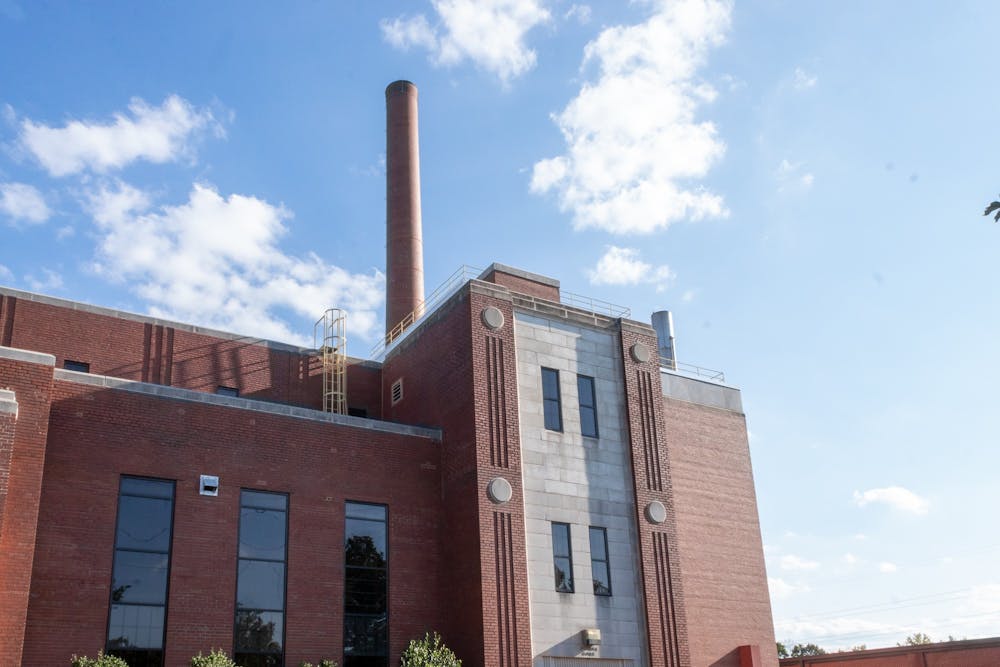I have a love-hate relationship with the UNC coal plant. Yeah, the UNC coal plant. The one you probably didn’t know existed.
In all fairness, it's not actually supposed to still exist. Twelve years ago, former Chancellor Holden Thorp announced the plant would stop all use of coal by 2020. Yet on my walk to class every morning, there it is, sending beautiful plumes of CO2 and all sorts of other nasty — probably toxic — chemicals into the air from behind a large barbed wire-topped fence.
I love it because its existence is funny in a, “Wow, we still have a University-owned coal plant, what the hell?” kind of way. I hate it because I don’t want to die in a climate change-induced disaster before I'm 30.
A 2019 report indicated the plant releases four to six times the legal limit of nitrogen oxide and sulfur dioxide gas allowed by the Clean Air Act, which is one of several reasons why groups like the Center for Biological Diversity, the Sierra Club and the Town of Carrboro are suing the Environmental Protection Agency over their permit for the plant.
Why are they suing the EPA and not the University? Essentially, the EPA’s permit does not put a limit on the amount of coal the plant can burn, which means the permit — not the University — is what violates the Act. Furthermore, its location on West Cameron Avenue means it's spewing that toxic nonsense into the air right next to historically Black neighborhoods in the area.
That doesn’t mean people outside of Carrboro are safe, though. UNC loves you (citation needed), and the pollution affects the entirety of campus, according to the Center for Biological Diversity.
So why does the plant still exist? Would UNC really backtrack on a promise like that?
Of course they would. Since Chancellor Thorp's announcement, the University has altered its goals.
After a climate protest on campus last year, a UNC spokesperson told The Daily Tar Heel that the University planned to stop the use of coal "as soon as feasible," which is the kind of weak nonsense one could expect from a tech CEO when asked about the child labor in their cobalt supply lines.



